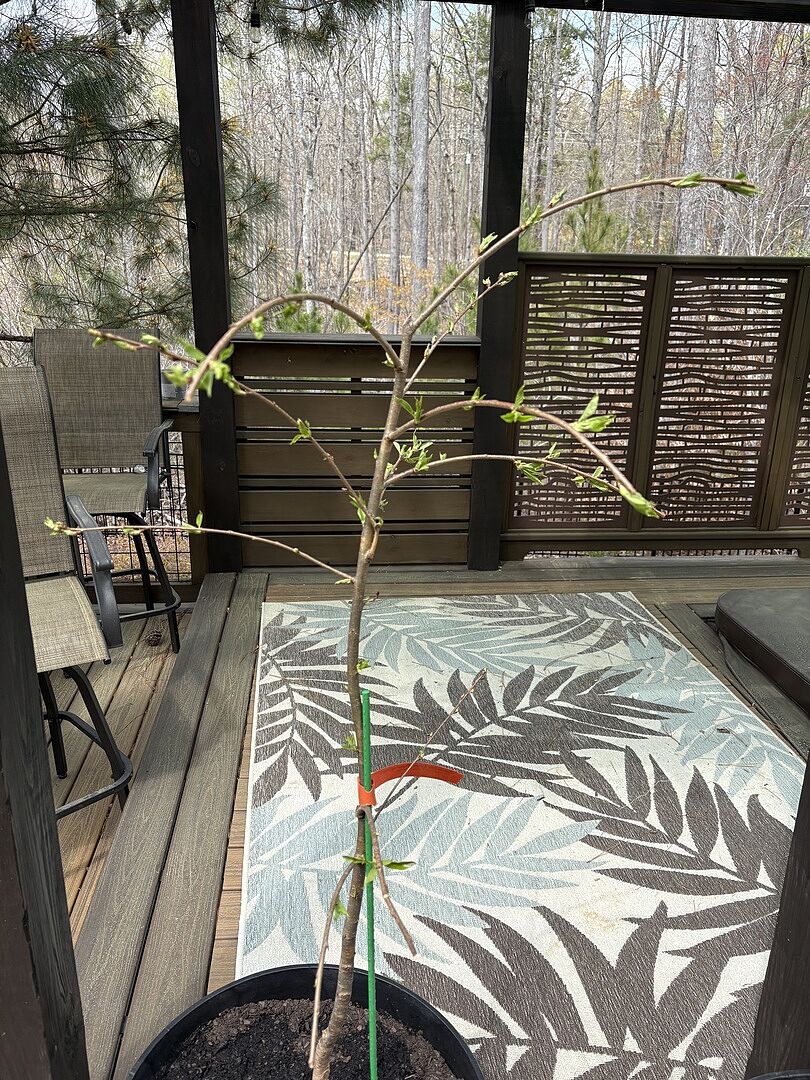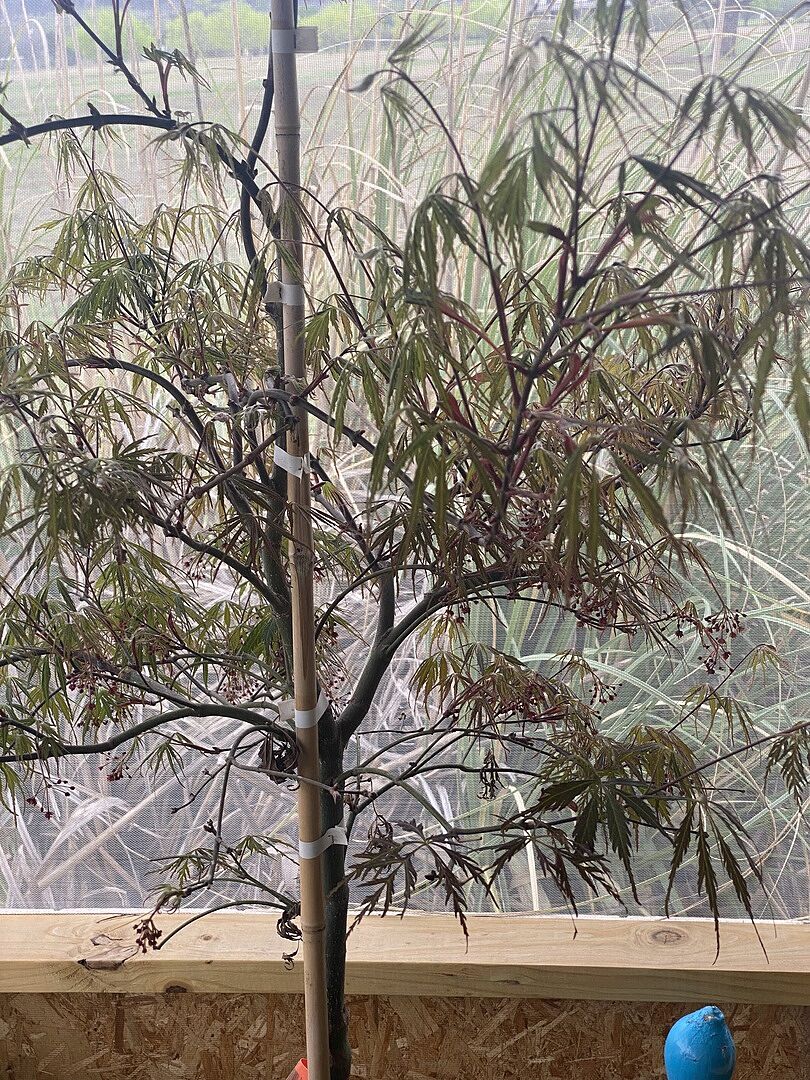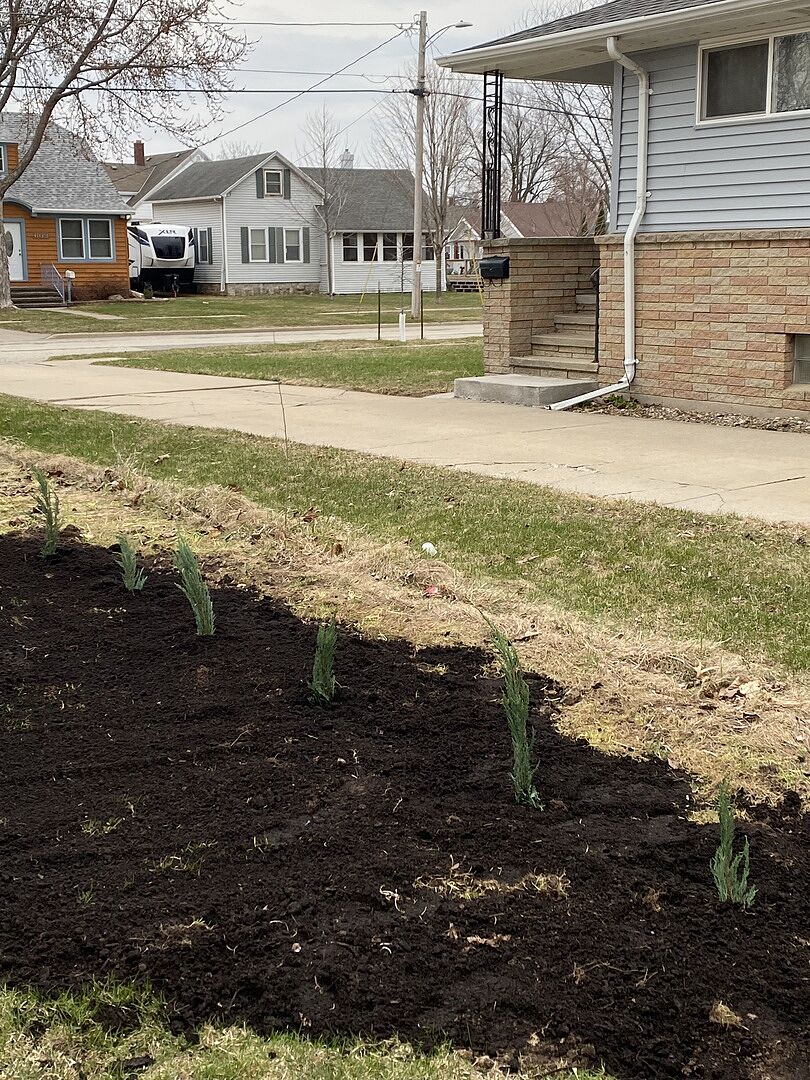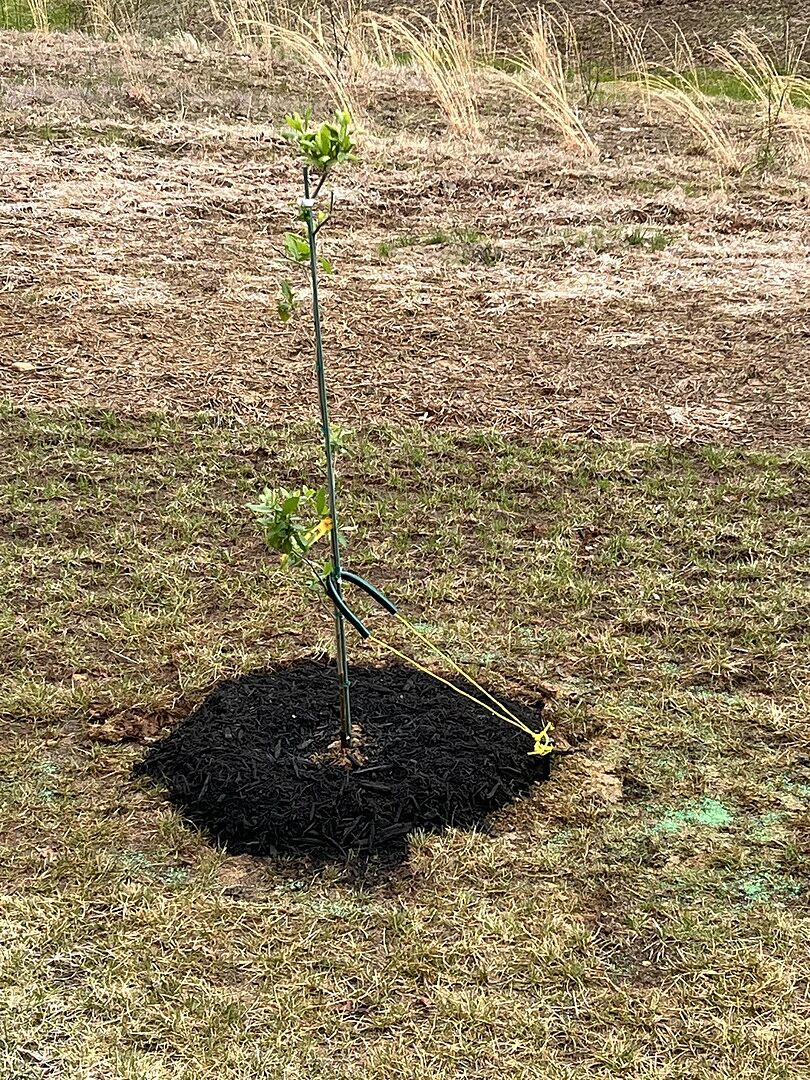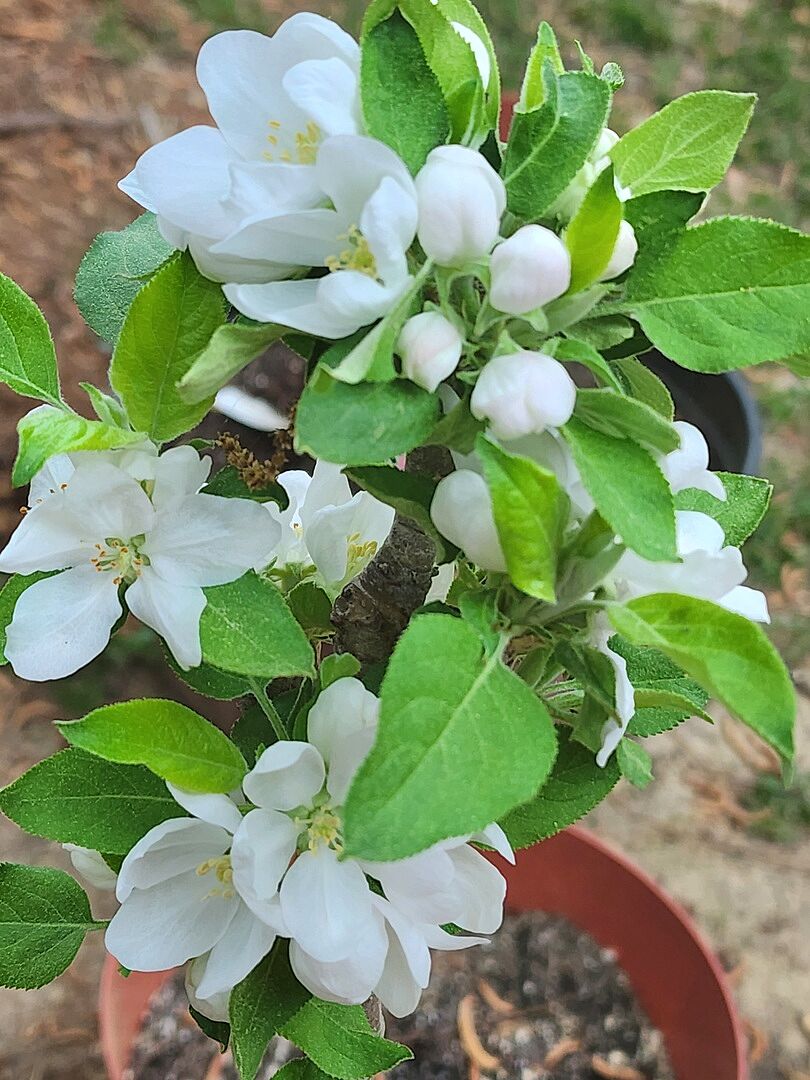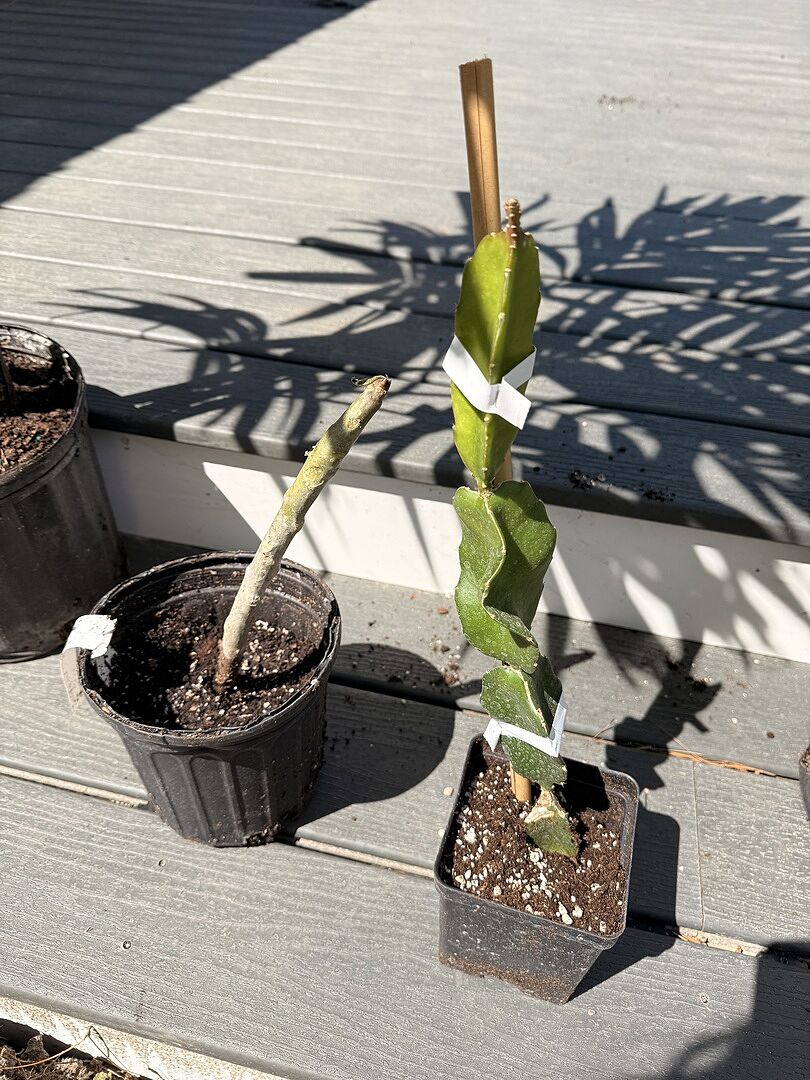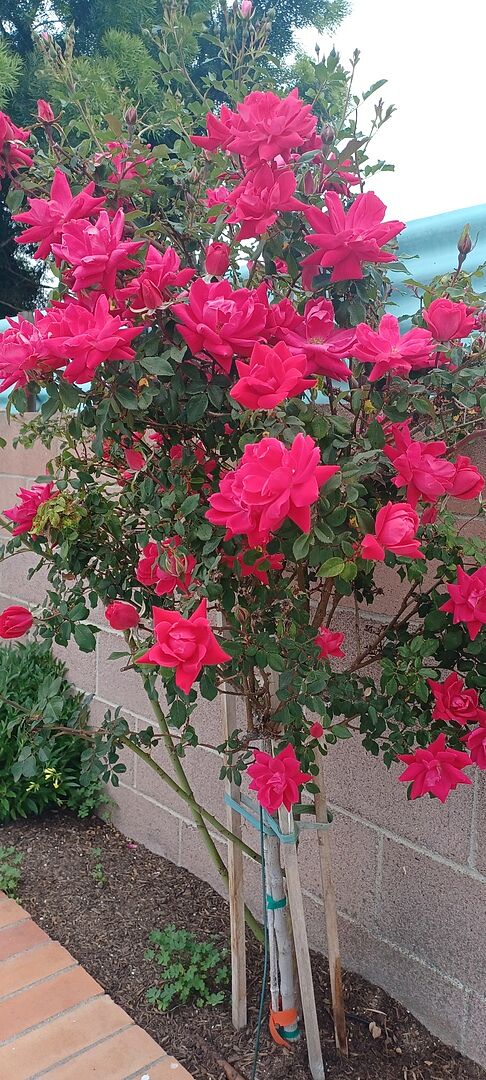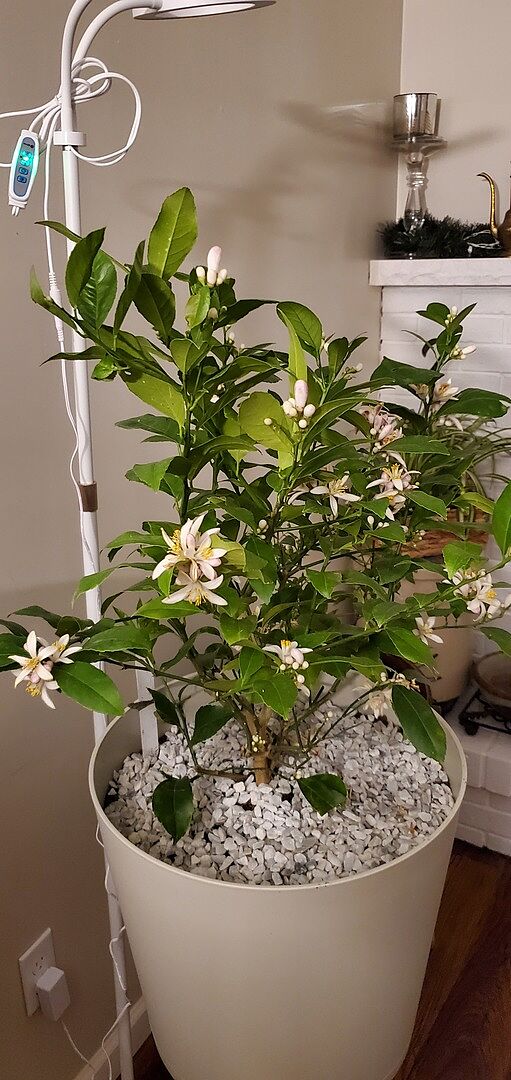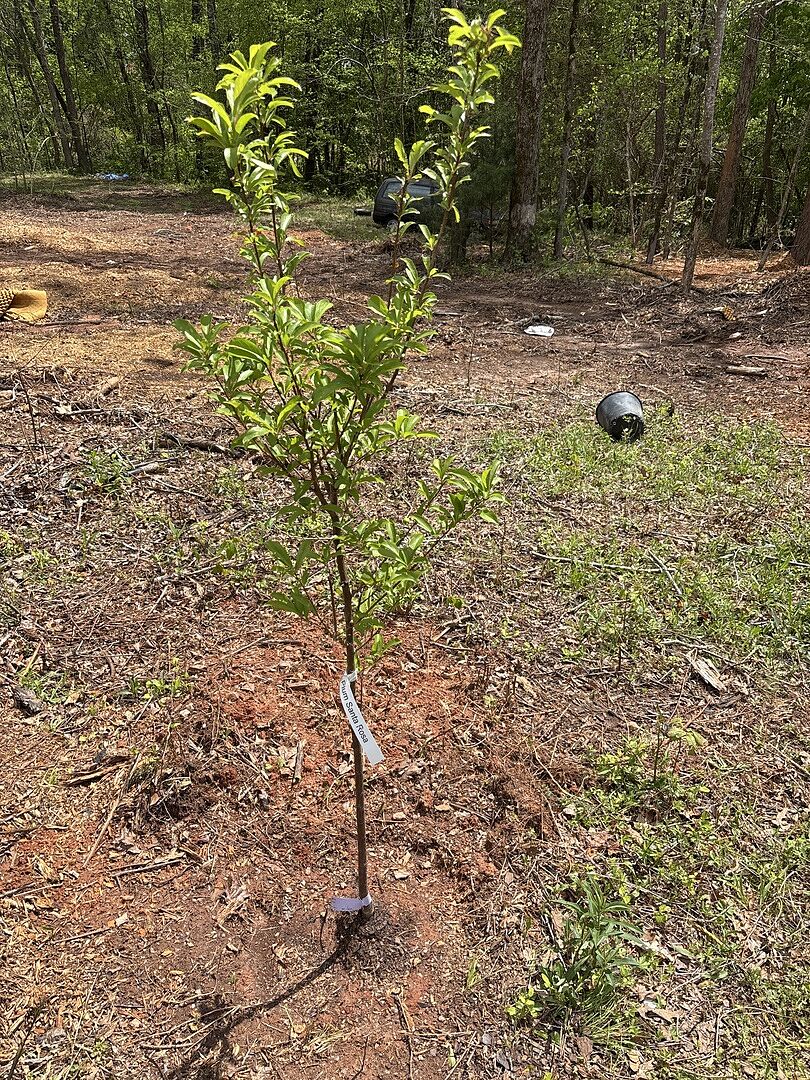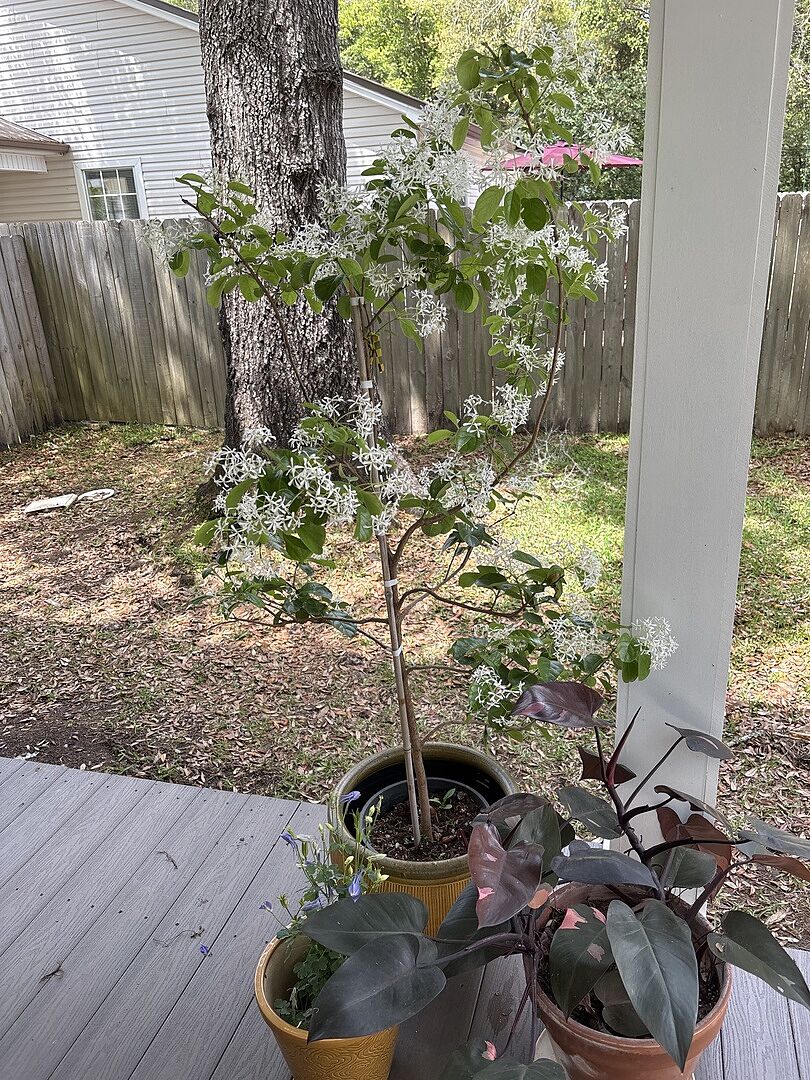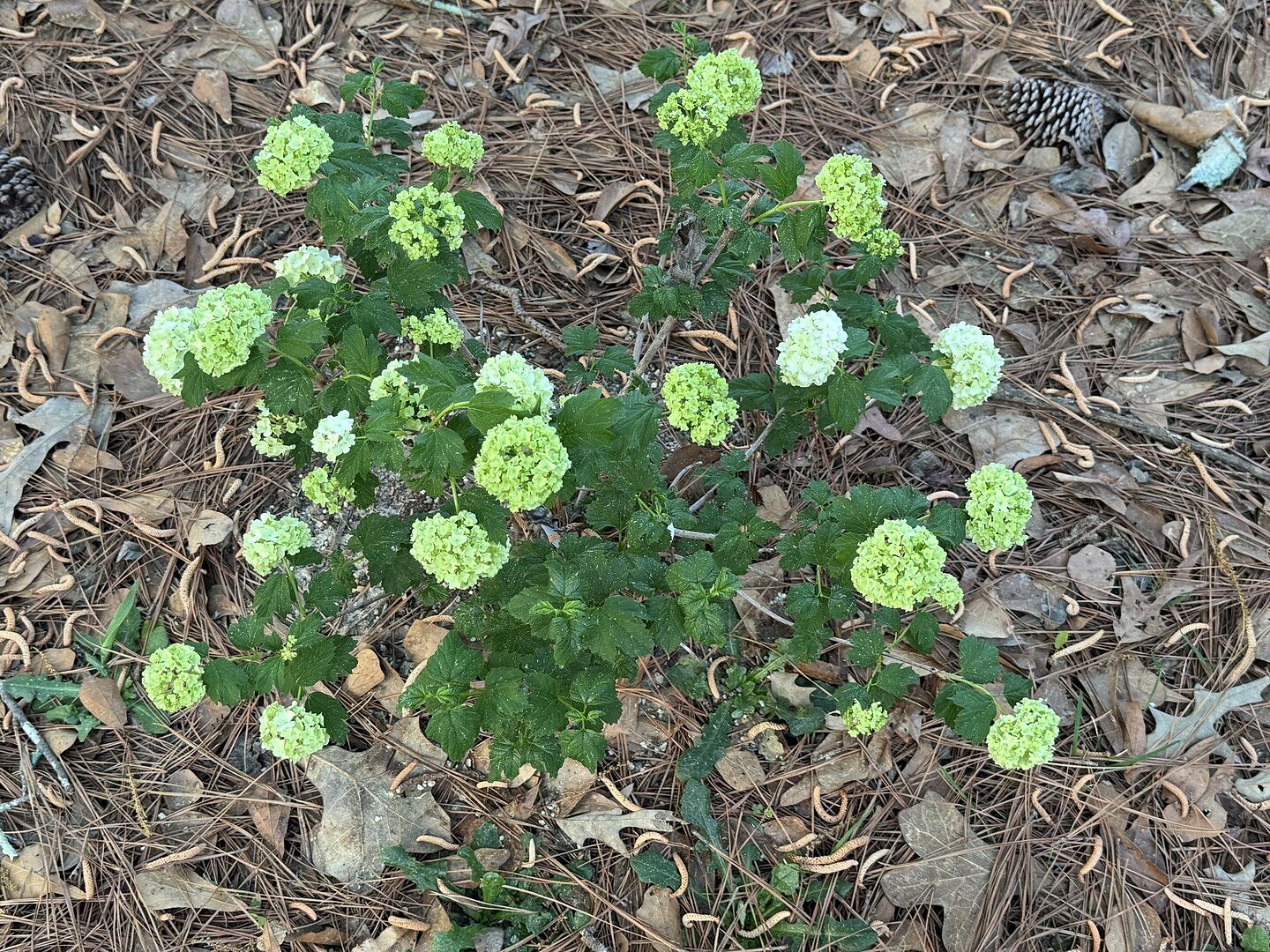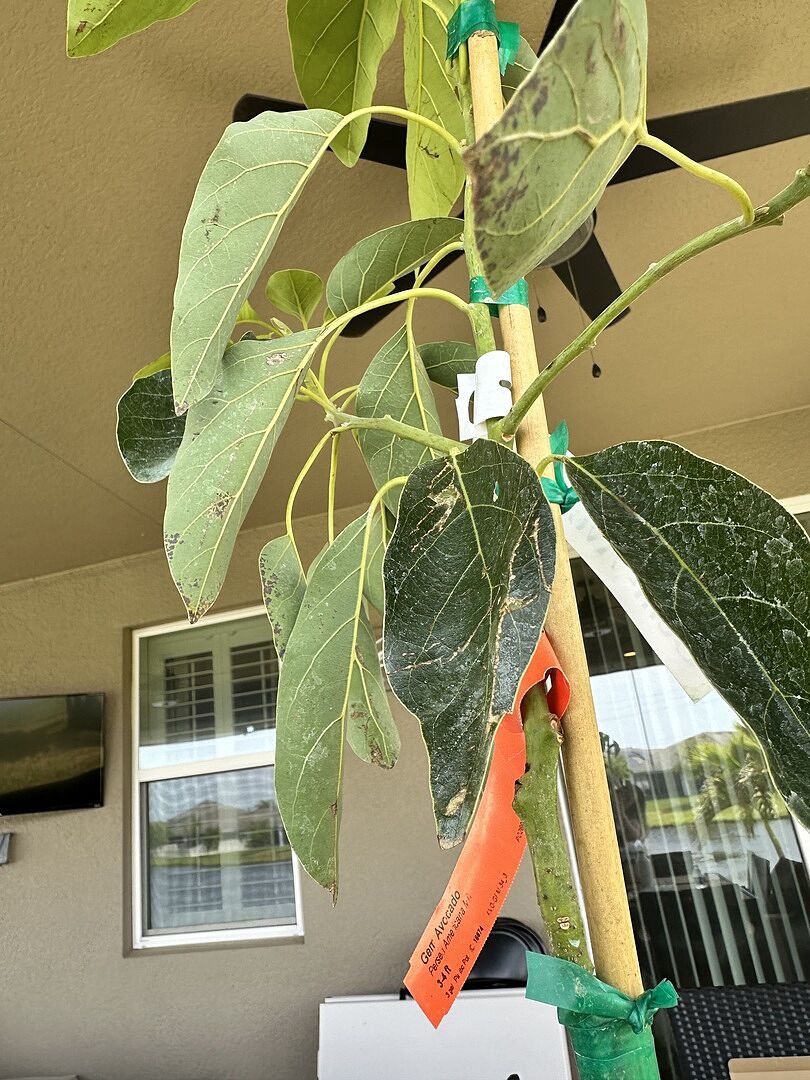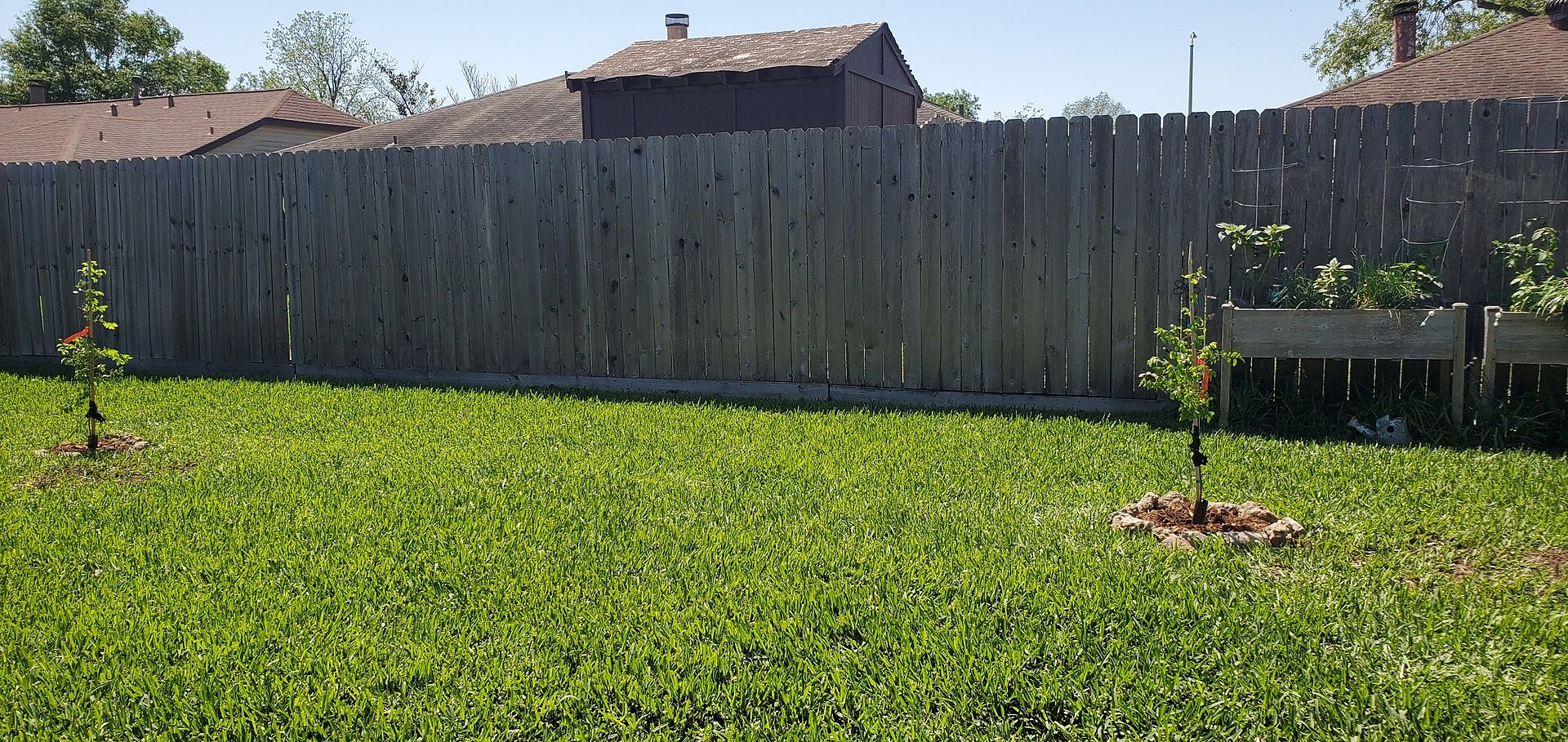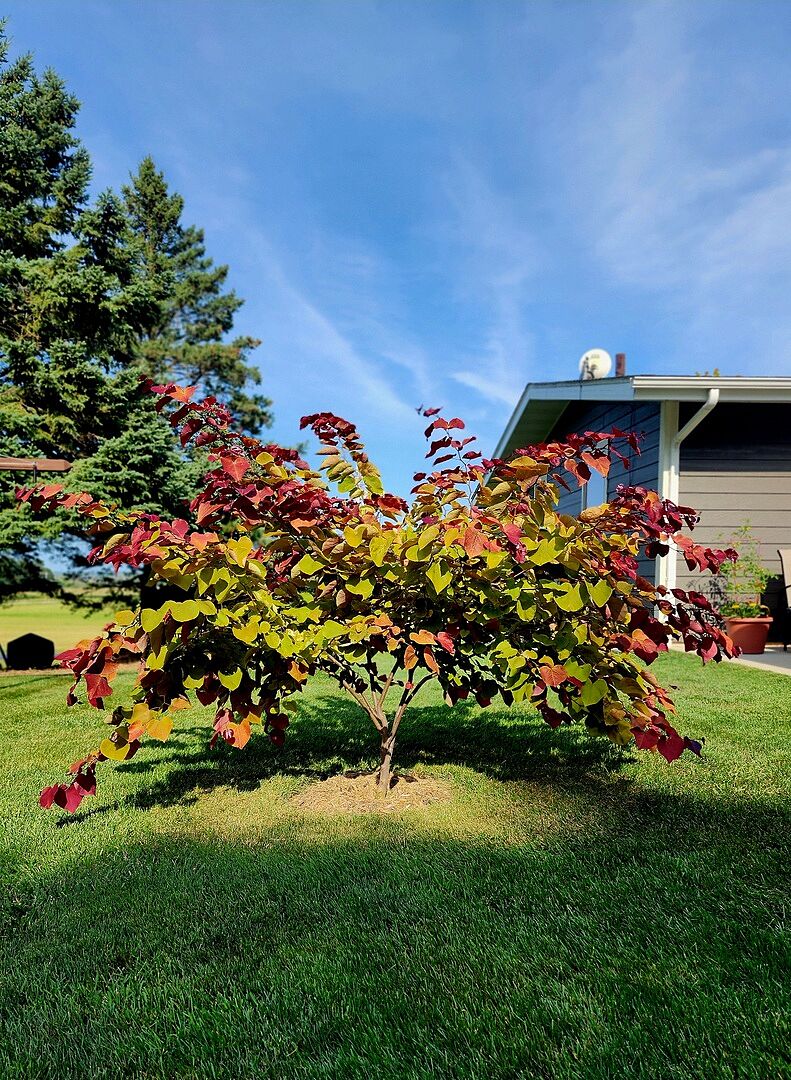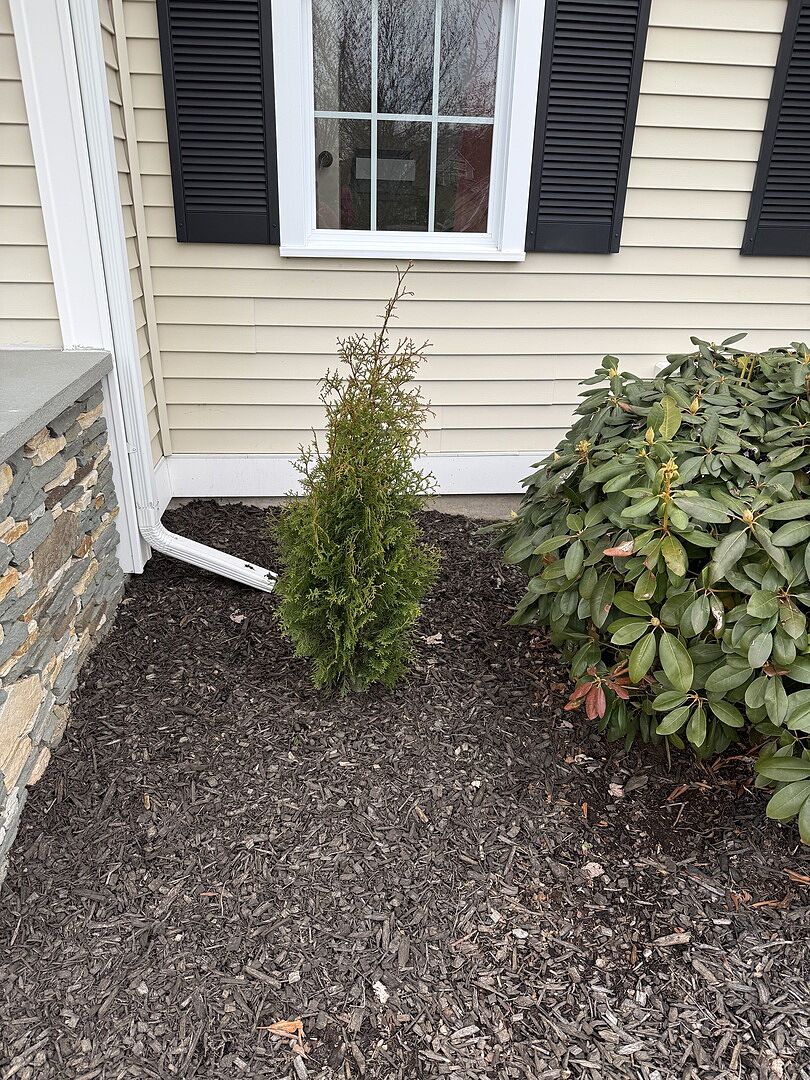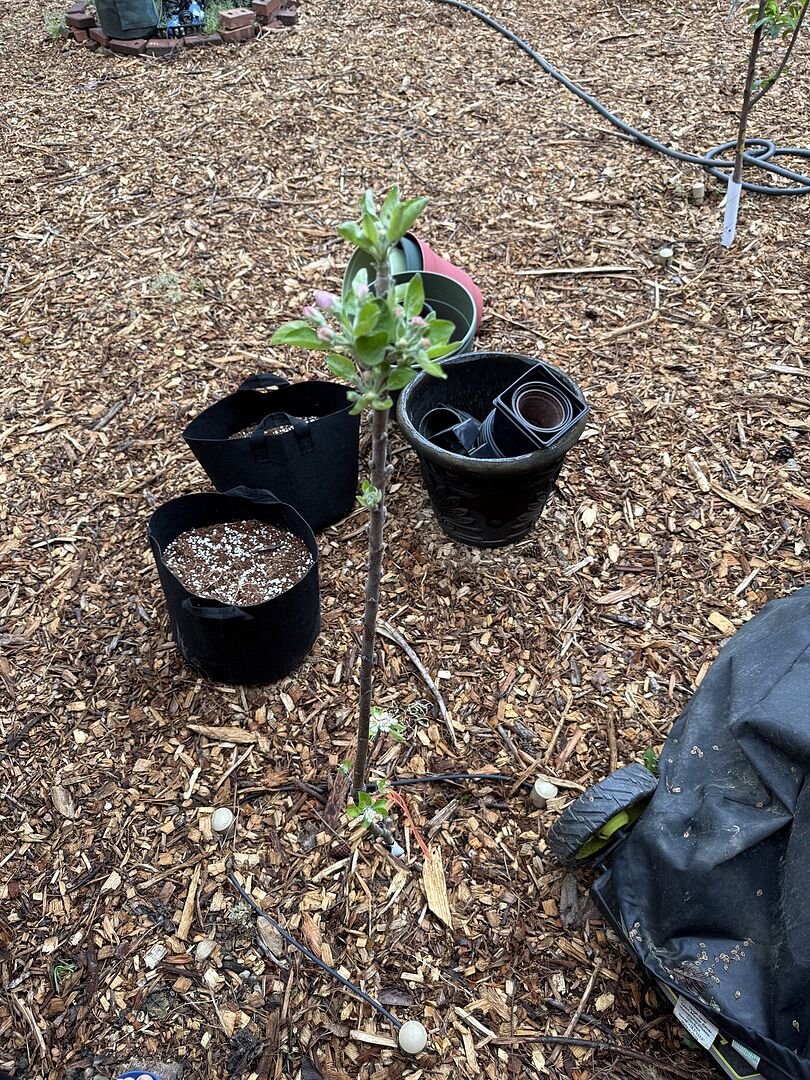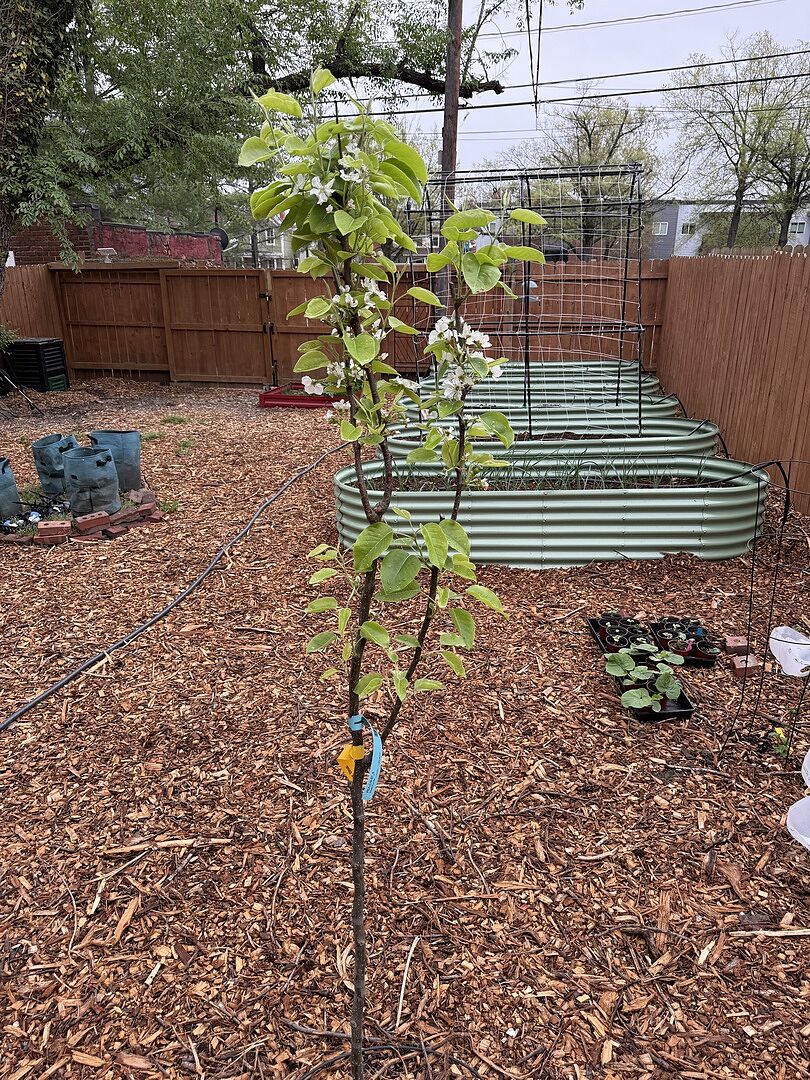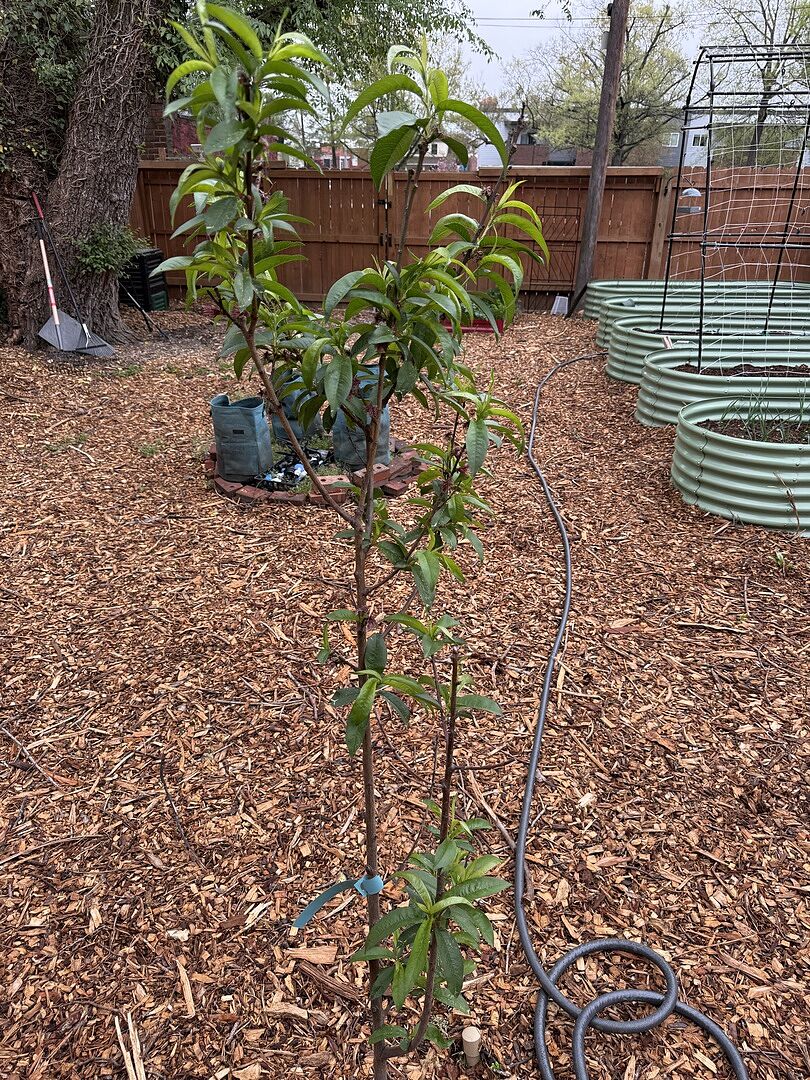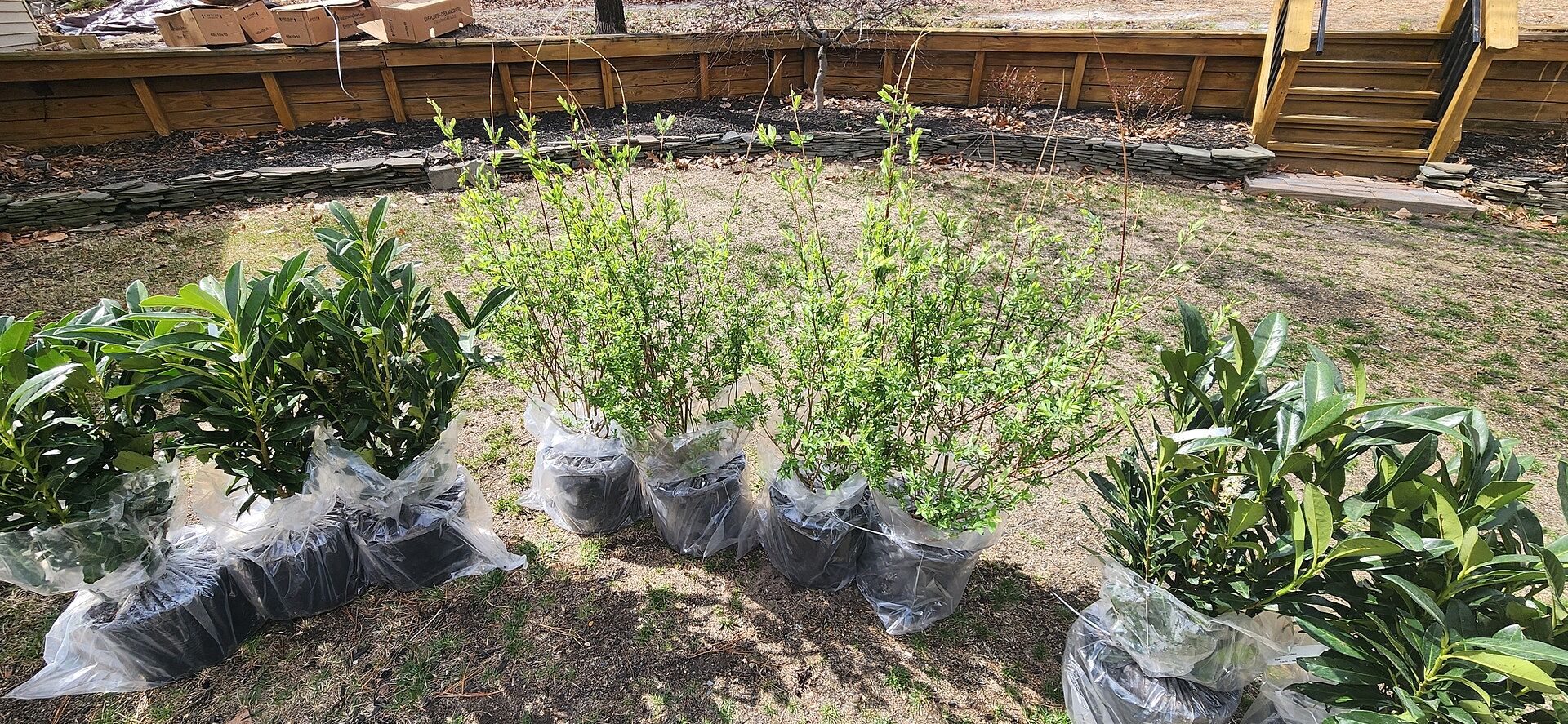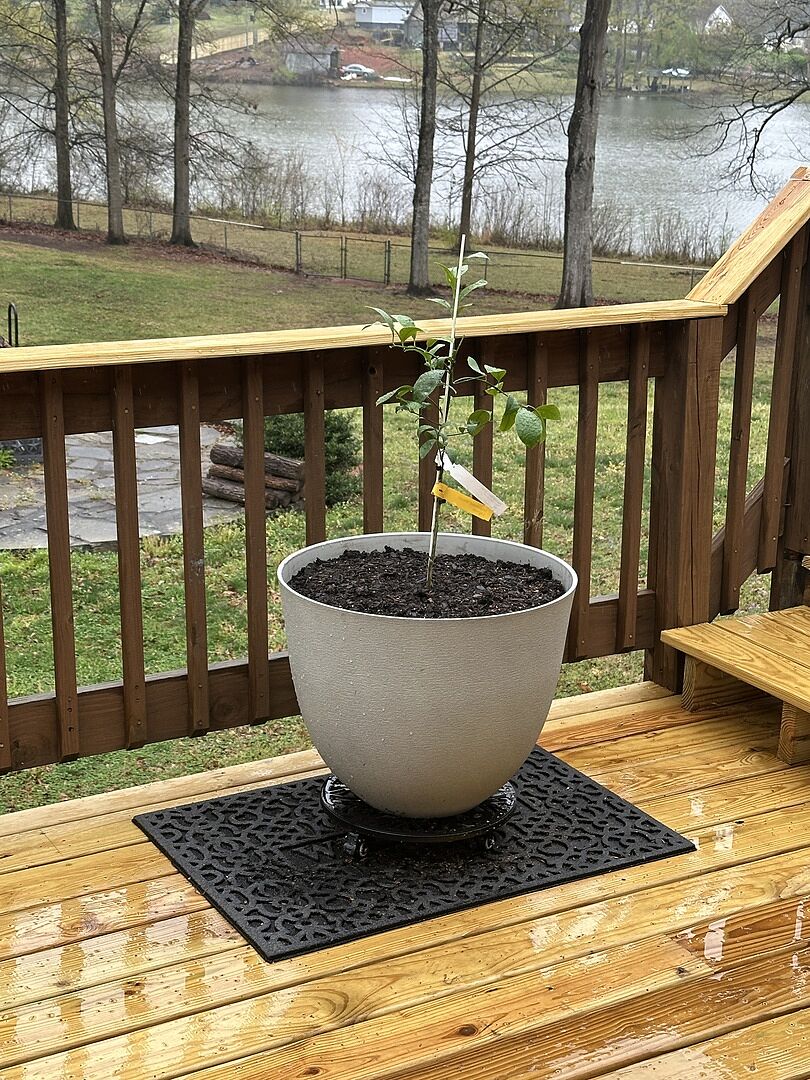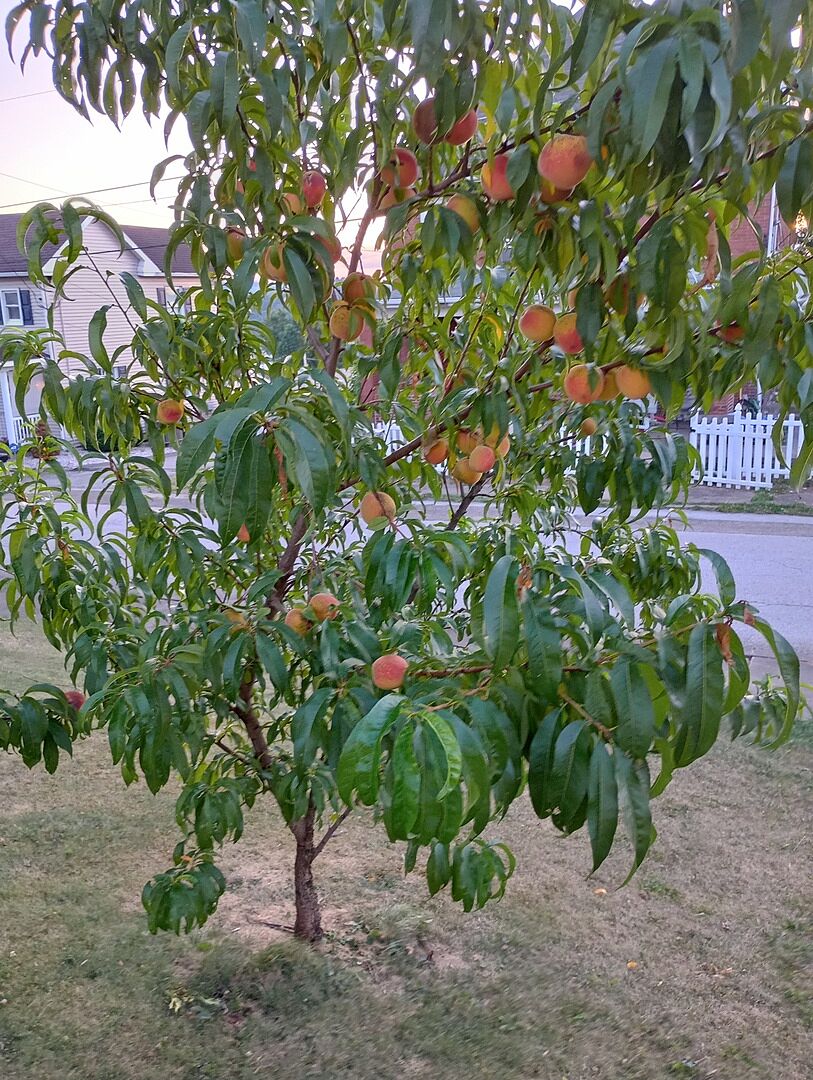Plant Care 101: Double Knock Out Roses

Last updated: May 29 2019

Why are Double Knock Out® Roses so popular? For starters, they’re extremely cold hardy and heat resistant. Double Knock Out Roses are recommended for growing zones 5 through 10, but they can survive frosts and temperatures down to 10 degrees. These tough roses can also handle the heat in Southern Florida, Texas, and California. Best of all? They’re extremely disease and pest resistant. Black spot, rust, mildew, and more pose no threats.
But we can’t forget about the main attraction for Double Knock Out Roses: the blooms. They have a lot of large, thick, bright and beautiful blooms. Their blooming season is one of the longest blooming seasons out of any rose bush. Double Knock Out Roses start to bloom early in the spring and last until the first frost. While other roses are going dormant, Double Knock Outs are still bursting with aromatic blooms.
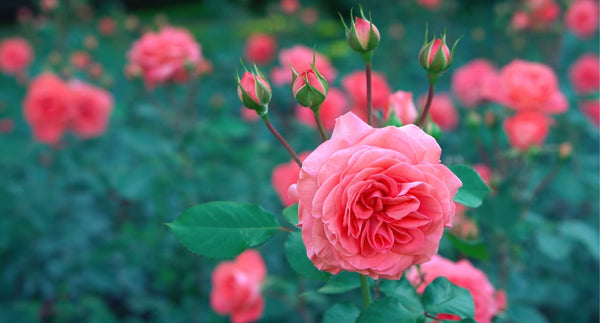
Planting Double Knock Out Roses
The first step for properly maintaining Double Knock Out Rose Bushes is to plant them in the right location. Doubles thrive in areas that receive full to partial sunlight and prefer at least 6 to 8 hours of sunlight a day. An area that gives your Double Knock Out shade in the afternoon will be more beneficial than morning shade. Make sure that your roses don’t sit in a low area of your yard that collects a lot of water runoff, or where standing water collects. If your roses are potted and kept indoors, place them by a large, sunny window.
Double Knock Out Roses will adapt to a variety of soils as long as the soil is well-drained. Your natural soil will be great for your roses. If you’re concerned that your soil is too sandy, mix it with a bag of planting mix that specifically says that it’s for roses. If your soil seems too heavy with clay, mix it with a fine potting mix or sand.
Watering
Even the most inexperienced gardeners know that it’s very important to give any plant the correct amount of water. Double Knock Out Roses prefer moist soil that’s not oversaturated. Check on your soil every few days – if it starts to feel dry, then it’s time to give your roses a drink. Soil in containers tends to dry out faster than ground soil, so Double Knock Out Roses planted in containers may require water more frequently.
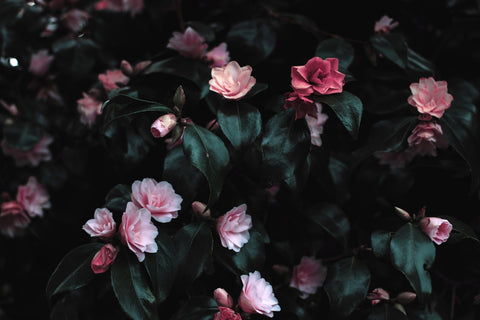
Most Double Knock Out Roses only need weekly watering, unless there is a period of extreme heat or drought. If your Double Knock Out Roses are kept in a container, make sure that it has drainage holes. Some containers don’t have holes, but holes can quickly and easily added with a drill.
Give water to your roses at the base, not from overhead. If water droplets get on the leaves and dry in the sun, then spots can emerge on the leaves and blooms where the water droplets were sitting. Also, moist blooms and foliage can lead to common rose diseases. It’s best to water Double Knock Out Roses during early morning hours so they can absorb all of the moisture before the heat of the day sets in.
Nutrients
Double Knock Out Roses will always benefit from a nice, nutritious meal. One quick way to provide nutrients for your roses? Spread a 3 to 6 inch layer of mulch around their bases. Mulch will give your roses nutrients and help your soil retain moisture longer.
Fertilizer is also great to give plants extra nutrients. Double Knock Out Roses love well-balanced fertilizers, like formula 10-10-10. Give your roses some fertilizer in the late winter or early spring every year after the final freeze, or once your ground has thawed out. You’ll really notice the difference that fertilizer provides once your first round of bright rose blooms.
Enjoy Your Roses
Even if you plant your Double Knock Out Roses and leave them to maintain themselves, they’ll provide beautiful, fragrant blooms for months. If you choose to follow these basic rose maintenance tips, then you’ll receive even more blooms that are bigger and brighter. No matter your gardening skills, any variety of Double Knock Out Roses will flourish in your backyard.

Written by
Blair Brown
Blair is the Content Marketing Manager at FastGrowingTrees.com, and though she's not your traditional gardener, the planting world is definitely growing on her (pun intended!). She's enjoyed digging into plant care and maintenance and growing her plant collection, especially with exotic indoor varieties.

























